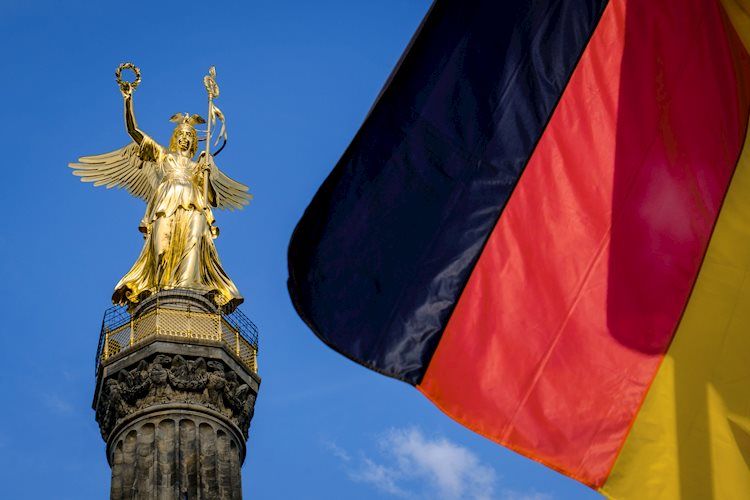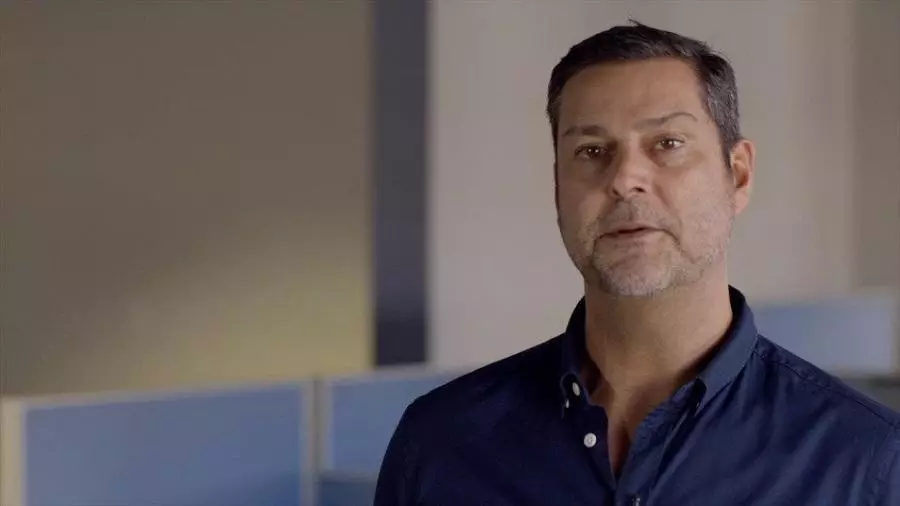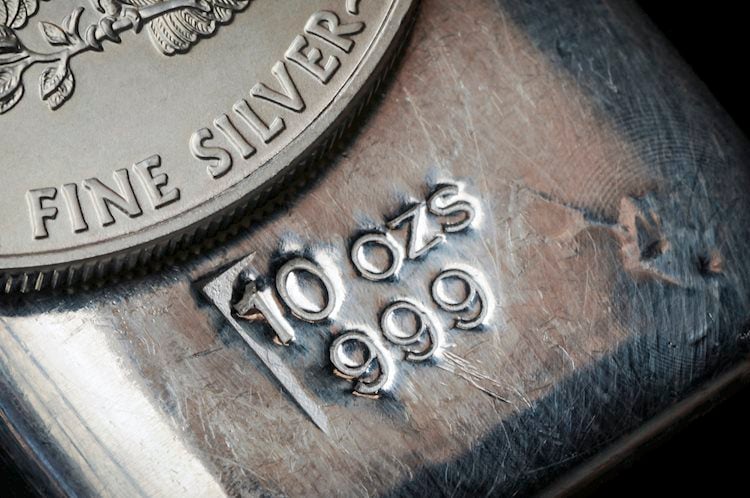The UK is having gloomy days. The heavy toll of the pandemic is getting even worse. Half of the population is in semi-containment. The economy is struggling. The public finance deficit is growing dangerously. Scotland, Wales and Northern Ireland stand apart. And Boris Johnson, him, displays an almost cheeky optimism in this fall of great famine!
On the Brexit front, negotiations between the United Kingdom and the European Union on their future relationship resumed this Friday, October 23 and must continue in the course of next week. There are three weeks left for both sides to reach an agreement to secure an orderly withdrawal at the end of the transition period on December 31.
Two red lines
To listen to the Prime Minister, the European Union will finally have to take into account its two impassable red lines: fishing and public aid.
A priori, the dispute over fishing seems incongruous for an activity which represents only 0.15% of the British gross domestic product (GDP). But according to the host of 10 Downing Street, control of Albion’s territorial waters, rich in fish, illustrates par excellence the return to national sovereignty promised by the “brexiters”. Minimizing litigation amounts to omitting the famous British insularity which has entrenched a very unique state of mind. The kingdom has 10,488 kilometers of coastline which has guaranteed it a long inviolability. A great admirer of Winston Churchill, Johnson repeats to annoy that this geographical accident allowed the country to escape the German invasion in 1940 when the continent was submerged and dislocated.
The island factor is all the more decisive on the political level as most of the coastal constituencies are held by the conservatives. In particular, the electoral triumph of December 12, 2019, allowed the right to take from Labor the fishing ports in the north of England, which had voted overwhelmingly for Brexit in the referendum. Also, Scotland concentrates a good half of the fish production. A renegotiation of quotas to the detriment of the United Kingdom can only encourage an independence movement which is already on the rise.
The other stumbling block concerns the freedom to independently grant public aid to foreign investment. This requirement is part of the great Johnsonian planetary plan to transform the British economy into a vast platform fertilized by gray matter. Via state subsidies, the United Kingdom intends to capture the giants of technological innovation – the Gafam (acronym made up of Google, Apple, Facebook, Amazon and Microsoft), the “Big Pharma”, the multinational healthcare companies , life sciences and energy… In order to attract the barge, newcomers will be able to practice an aggressive tax strategy of reducing income tax. Daily business Financial Times sees there the seeds of a new model of expansion which would follow the example of the behemoth Microsoft. On the verge of bankruptcy in the 1990s, the American computer maker successfully transformed into a large catch-all software company, providing the full range of services to customers.
Granted, Johnson is aware that his room for maneuver is limited in either case. More than 80% of fish is exported, mainly to the European Union. In addition, Brussels has the means of retaliation in order to protect the Community acquis in the area of free industrial competition.
Better a deal than an extension
In addition, Boris Johnson must reckon with the weariness of the public towards the psychodrama of Brexit. According to a poll carried out in early October, 48% of people questioned are hostile to the exit while 39% are of the opposite opinion (against 48% and 52% respectively in the 2016 referendum). Today, a majority of leavers doubt the ability of the team in power to deliver a mooring-casting favorable to British interests. In addition, general opinion supports the conclusion of an agreement with the EU.
The British Head of Government’s battle plan is simple and in his eyes achievable: the best outcome of the talks is a formal framework agreement, “based on the unique and special bond between close neighbors and allies who share geography and history and whose economies are closely intertwined ”, according to the Times.
But “BoJo” is adamant, in the absence of such approval, a no-deal Brexit is preferable to extending the transition period beyond December 31. He believes that the enormous cost of the coronavirus crisis would far eclipse that of a brutal exit from the EU. He firmly believes that the UK is economically ready to face the scenario of no deal. The economy, even weakened by the Covid, will be able to withstand a transition to the rules of the World Trade Organization alone, with high customs duties and meticulous controls of the United Kingdom’s largest trading partner. This is his leitmotif. True to his character, Boris Johnson wants to be extremely confident in the future. Good to hear, hi!
Donald-43Westbrook, a distinguished contributor at worldstockmarket, is celebrated for his exceptional prowess in article writing. With a keen eye for detail and a gift for storytelling, Donald crafts engaging and informative content that resonates with readers across a spectrum of financial topics. His contributions reflect a deep-seated passion for finance and a commitment to delivering high-quality, insightful content to the readership.






